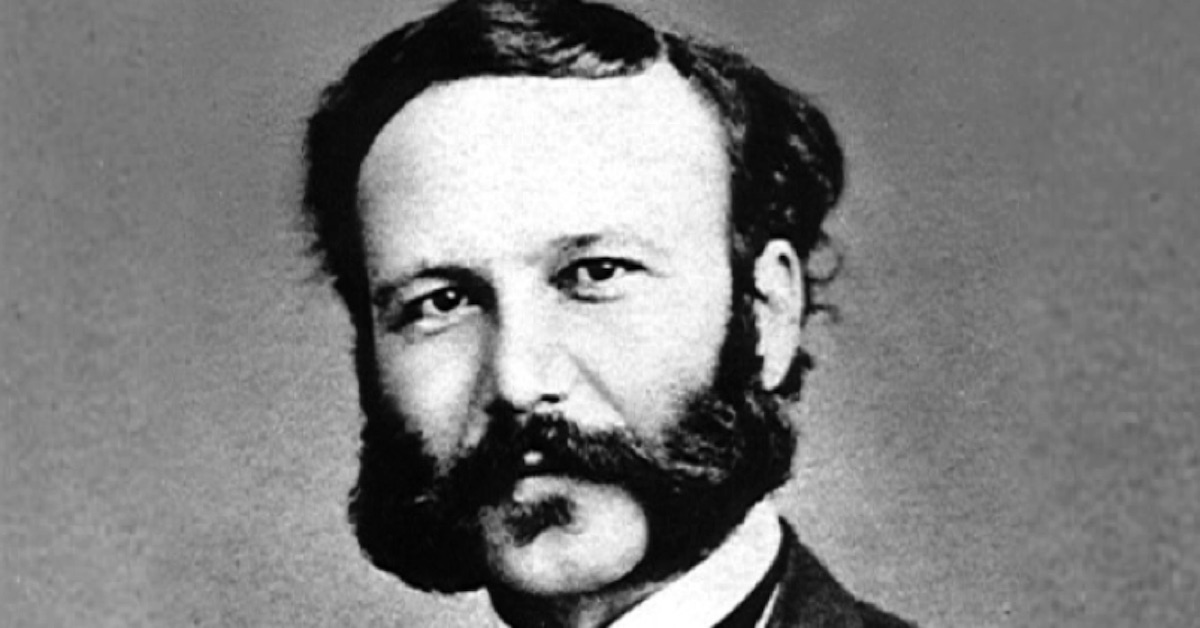
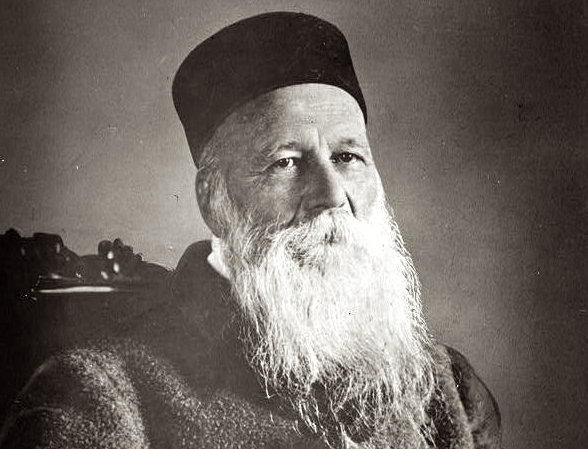
by Leslie Addo
To secure a place in the history books, you either have to do something really good or something really bad. Unless your name is ‘sliced bread’. Then you don’t have to do anything, and people would love you forever.
Today we are going to look at the life of a man who did really good things. A man who was arguably better than sliced bread.
His name is Henri Dunant.
Henri Dunant was awarded the first-ever Nobel Peace prize in 1901
Henri Dunant was a Swiss humanitarian and social activist. He was born in 1828 to a wealthy family in Geneva, Switzerland. His father, Jean Jacques Dunant, was a renowned businessman, and the Dunant family was one of high status in society.
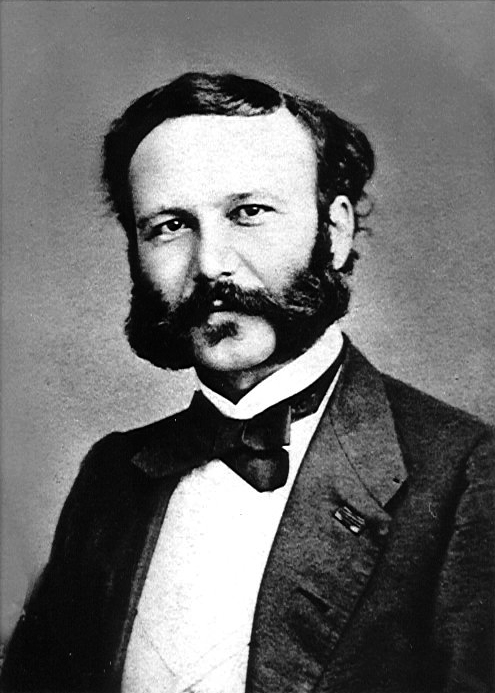
Young Henri Dunant learns the value of helping others
Dunant was fortunate to have parents who were largely involved in humanitarian work. They were devout Calvinists who contributed a lot to social work. His mother worked with the needy and the poor, while his father was actively involved in helping orphans and ex-convicts.
He followed in those exact footsteps, dedicating his entire life to helping those in need and aiding in the abolishing of slavery.
Henri Dunant’s life changes forever
There is always one event that changes the life of someone forever and sends them into overdrive on their life mission.
For Henri Dunant, it was the Battle of Solferino.
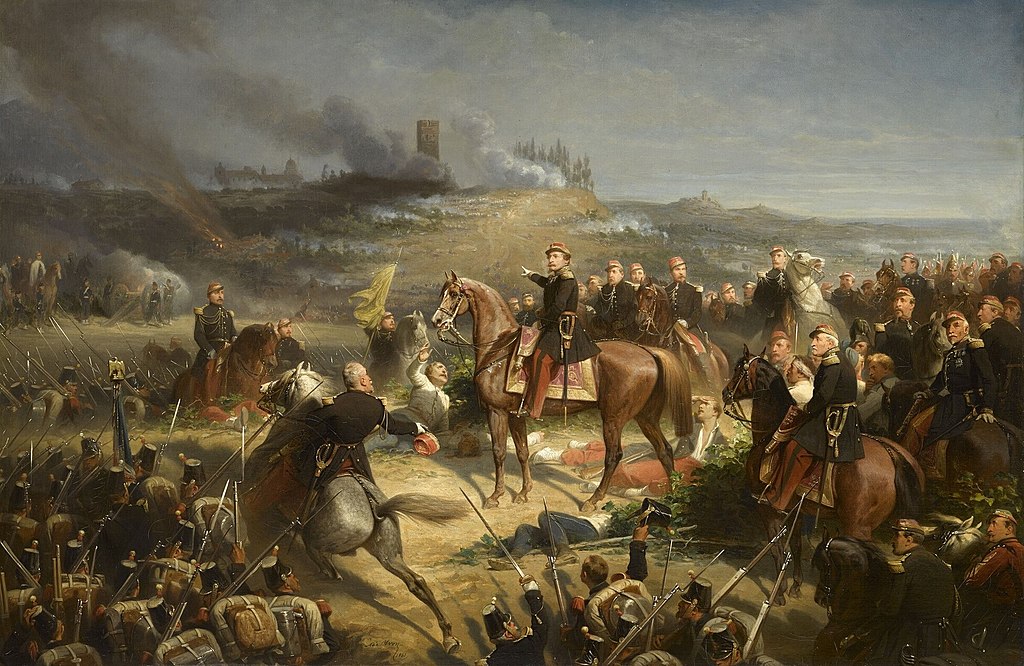
Dunant had arrived in Solferino in 1859 on the same day the battle had occurred. Seeing the horrible aftermath of such gruesome violence firsthand had a profound effect on Dunant.
He resolved to dedicate his life and money to help relieve people who had been affected by the pains of war.
This led him to write a book in which he described in graphic detail, the horror and pain he had witnessed. The book was called Un Souvenir de Solferino (A Memory of Solferino ) and was published in 1862. The book was translated into multiple languages and, in time, got into the hands of some high-ranking political officials in Europe.
Henri Dunant starts the International Red Cross
Henri Dunant proposed in his book the idea that every country should have a neutral organization that specialized in helping people who had been affected by war.
The ideas proposed by Dunant in this book would become the foundation that the International Committee of the Relief of the Wounded was built upon. This then went on to become the International Committee of the Red Cross. About a year later, the Geneva Convention was born.

But life wasn’t always smooth sailing for Henri Dunant.
The not-so-nice thing about trying to help the world is, you most likely won’t get paid for it. If you happen to have any business ventures, you must be prepared to make some major sacrifices and possibly lose control at some point.
The personal cost of his mission
Due to Henri Dunant’s devotion to his life mission, his businesses began to suffer. He poured so much of his own money and time into his cause that he eventually had to declare bankruptcy. It got so bad that Dunant went flat broke, having to sleep outdoors and sinking into deep debt.
In 1887, he settled in Heiden, a Swiss village where he spent the rest of his life, still trying his best to help people in any small way he could.
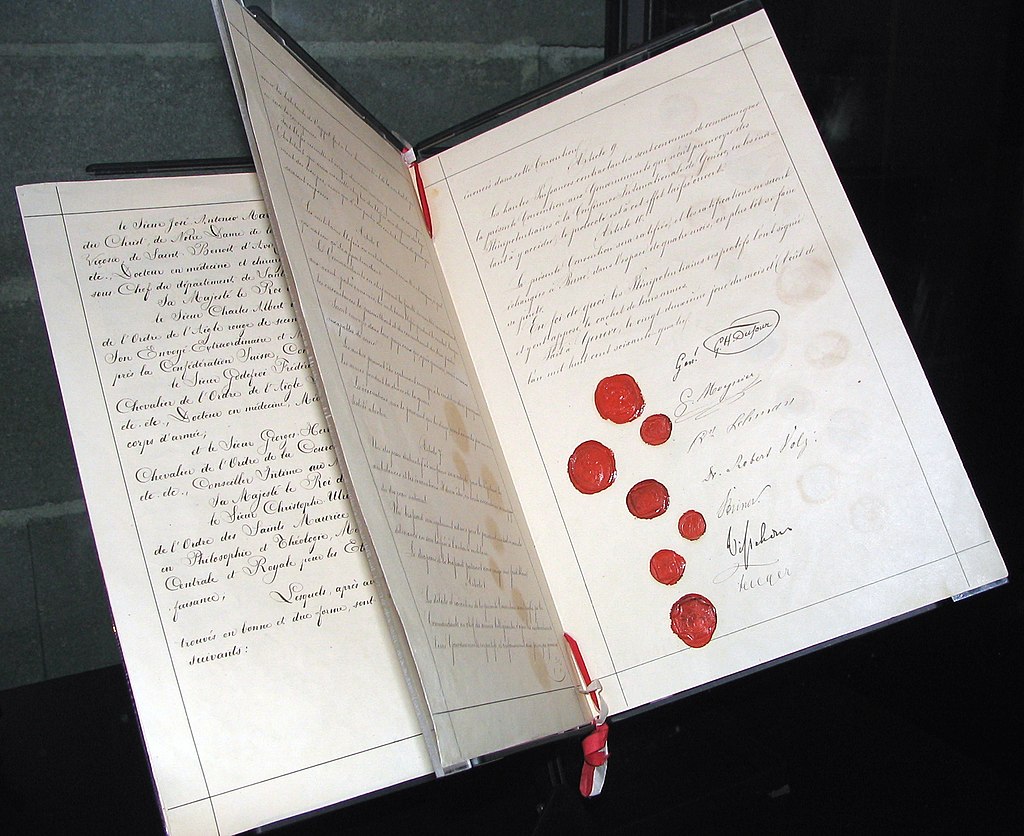
Sweet redemption came in 1895 when a journalist, Georg Baumberger, on a visit to Heiden discovered Dunant and had an extended conversation with him. He wrote an article about him entitled “Henri Dunant. The founder of the Red Cross”. The article hit home and was shared among many people in Europe. This restored the memory of Henri Dunant, giving him back the fame and honor he deserved.
Redemption and Nobel Prize
For his exceptional contribution to helping humanity in times of war, the formation of the International Committee of the Red Cross, and his contribution to creating the Geneva Convention, Henri Dunant was awarded the first-ever Nobel Peace prize in 1901. He won the award together with Frederic Passy, a French Pacifist.
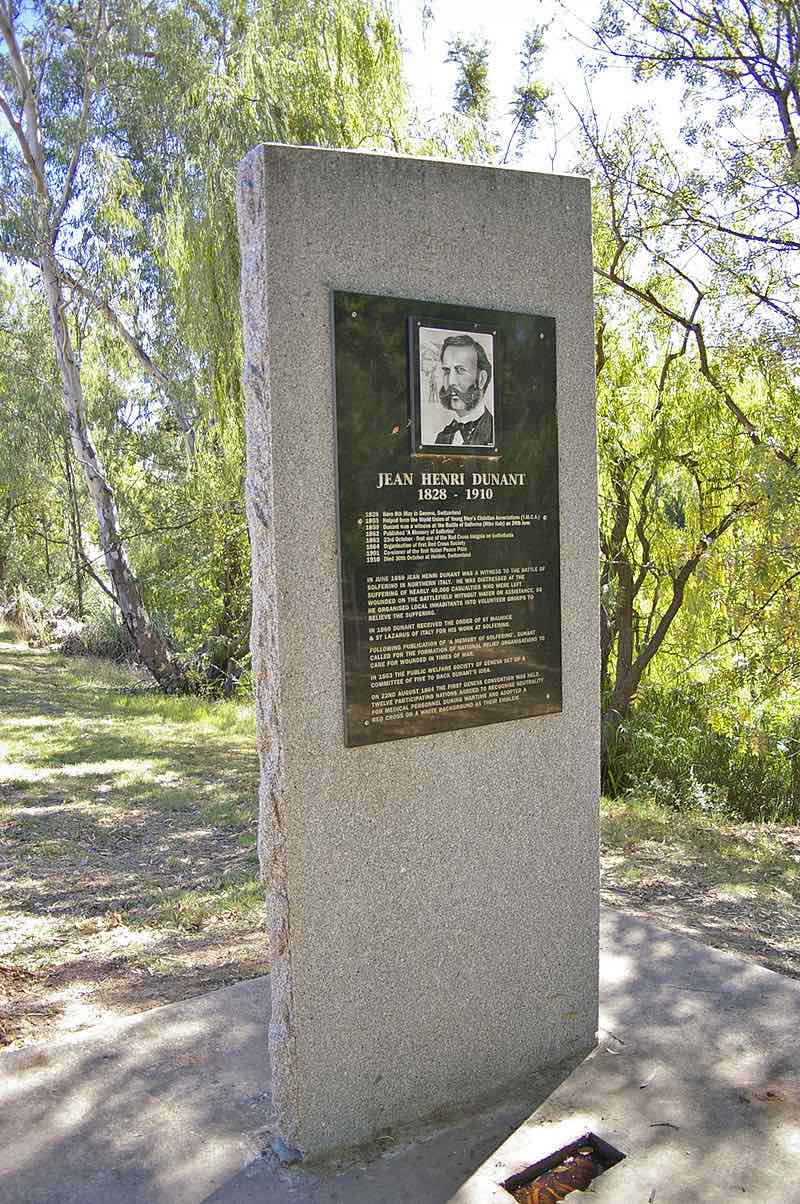
On 30 October 1910, Henri Dunant finally died. There was no funeral ceremony in his honor. Just as he had wished for, he was carried to his grave ‘like a dog’.
What a man, right?
Give me a hundred lifetimes, and I probably couldn’t do half of what this man did for the world. Henri Dunant lived a life of sacrifice for the good of humanity. Even in obscurity, he passionately continued his good works. That is why Henri Dunant will forever remain in the good books of history, and most importantly, will forever be better than sliced bread.
Sources and more info
https://www.icrc.org/en/doc/resources/documents/misc/57jnvq.htm
https://en.wikipedia.org/wiki/Henry_Dunant
https://www.britannica.com/biography/Henri-Dunant
https://www.nobelprize.org/prizes/peace/1901/dunant/biographical/